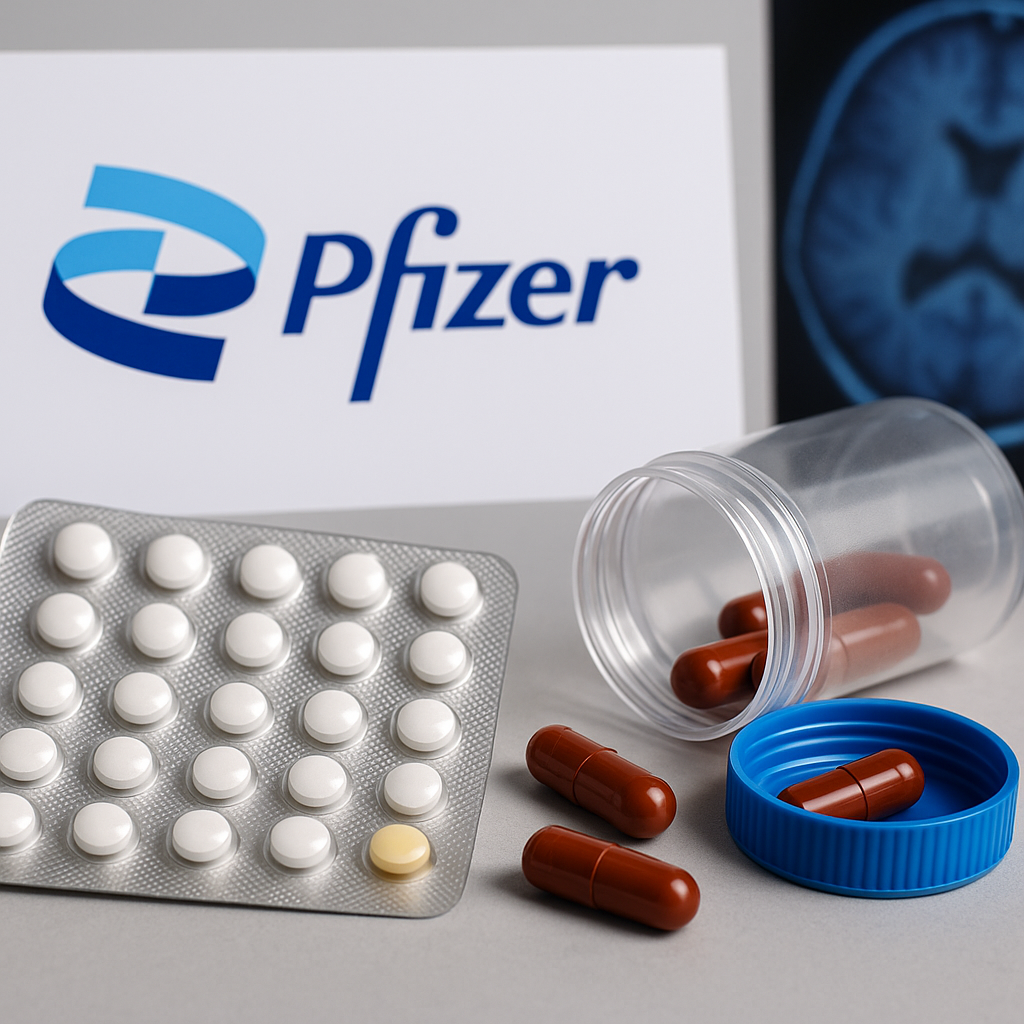Pfizer Sued Over Contraceptive Drug & Brain Tumor Risk
A new lawsuit has been filed against Pfizer over claims that one of its contraceptive drugs caused brain tumors in women who used it for long periods of time. The plaintiffs argue the company failed to provide adequate warnings about the risks, leaving patients exposed to a medication that could alter their health permanently.
What happens when a drug meant to prevent pregnancy ends up causing something far worse? This case highlights a growing concern in pharmaceutical liability: whether drug companies are putting profits before patient safety.
The lawsuit centers on women who say they developed benign brain tumors after years of using Pfizer’s contraceptive injection. While benign may sound less threatening than malignant, these tumors can still be life-changing. They may cause headaches, vision loss, seizures, and, in some cases, require invasive surgery to remove.
Did Pfizer know about the risks? Plaintiffs claim that studies and reports flagged potential connections between long-term contraceptive use and tumor development. The lawsuit argues that Pfizer either ignored these warnings or failed to communicate them clearly to doctors and patients. If true, this could support claims of failure to warn, one of the core theories in product liability cases.
Pharmaceutical lawsuits often turn on complex evidence. The company will likely argue that the tumors were rare, that risks were already disclosed in fine print, and that patients were warned to undergo regular checkups. But the plaintiffs will push back, saying those warnings were not prominent, accessible, or strong enough to truly protect patients.
What does this mean for women currently using contraceptives? While no single lawsuit proves causation for all, cases like this raise awareness. Women may begin questioning whether their doctors fully explained the risks and whether safer alternatives were available. It also raises the question: how much risk is acceptable when a medication is widely prescribed?
Pfizer’s case is not unique. Drug manufacturers have faced mass tort litigation over products like talcum powder, antidepressants, and opioids. Each case sends ripples through the industry, forcing companies to revisit their safety testing, labeling, and disclosure practices.
Who benefits if the plaintiffs succeed? Beyond the women involved, the broader public gains transparency. A favorable verdict or settlement could push Pfizer and other pharmaceutical companies to issue clearer warnings and monitor adverse events more closely. It could also open the door to class actions or multidistrict litigation if more victims come forward.
For now, the case is in its early stages. But it shows how consumer protection and corporate accountability often meet in the courtroom. Patients trust drug companies with their health. If that trust is broken, the law provides a path to justice — one that can reshape an entire industry.



